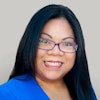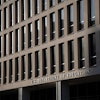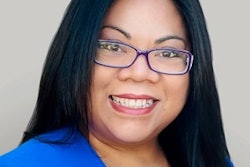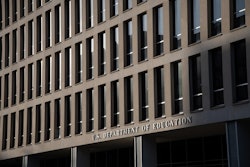 Dr. Gilda Barabino, president of the Olin College of Engineering
Dr. Gilda Barabino, president of the Olin College of Engineering
At Thursday’s opening plenary, expert panelists discussed liberal education’s urgent role in preserving democracy—and how higher education holding itself more accountable may be a start.
Dr. Lenore Rodicio, a senior fellow at the College Excellence Program at the Aspen Institute, an international nonprofit and nonpartisan organization focused on equity, introduced the panel.
“In recent years, faith in institutions, government, and democracy itself has plummeted, especially among traditional college-aged students,” she said. “As political polarization and intolerance for difference continue to grow and thrive in the U.S., colleges and universities have an essential role in supporting our democracy.”
The panel's facilitator, Dr. Lynn Pasquerella, president of AAC&U, set the stakes of the roundtable discussion when referring to mounting public criticism of American universities, particularly that they have been largely absent in confronting threats to democracy, from the spread of misinformation to voter suppression to rising authoritarianism. To kick off the conversation, Pasquerella asked the panelists to share how their own undergraduate liberal educations have informed their take on the role of universities in a democracy.
Dr. Roosevelt Montás, a senior lecturer in American Studies and English at Columbia University, grew up in a rural part of the Dominican Republic and moved to New York City as a child. But “through a series of fortunate accidents,” he spoke about how he ended up as an undergraduate at Columbia to “receive one of the most elite educations that many can buy.” Montás has since realized that his story is rare.
“That fortune, that privilege that I happened to have enjoyed is denied to thousands—and maybe millions—of people who could benefit from it in the way that I did,” he said. “And so it has become a kind of mission or calling to me to do everything I can in my career, in my advocacy, in my teaching to bring that kind of intellectual richness, that kind of opening of the life of the mind, that expansion of horizons that I had experienced into the populations that have been traditionally excluded from them as aggressively as possible.”















